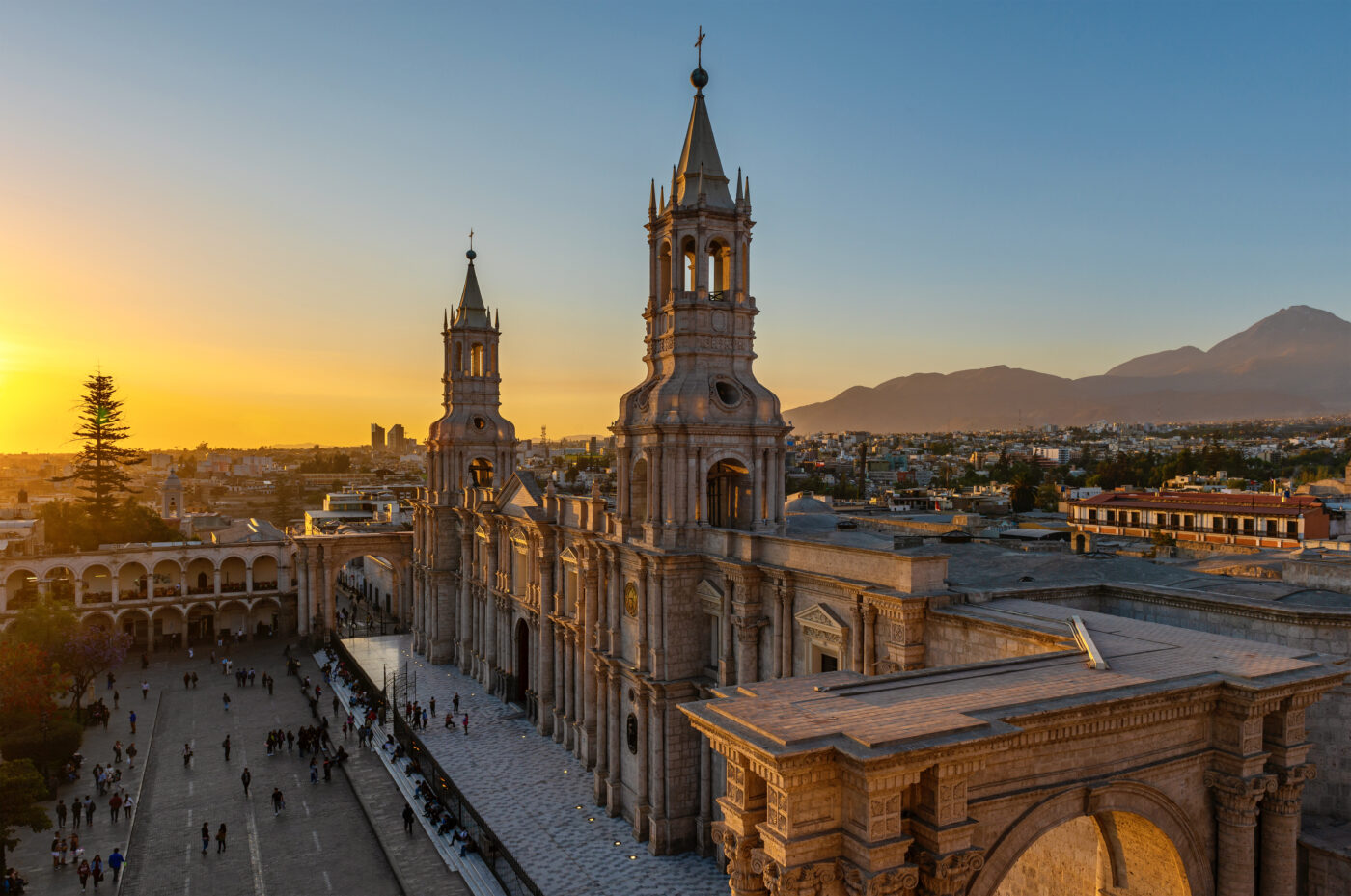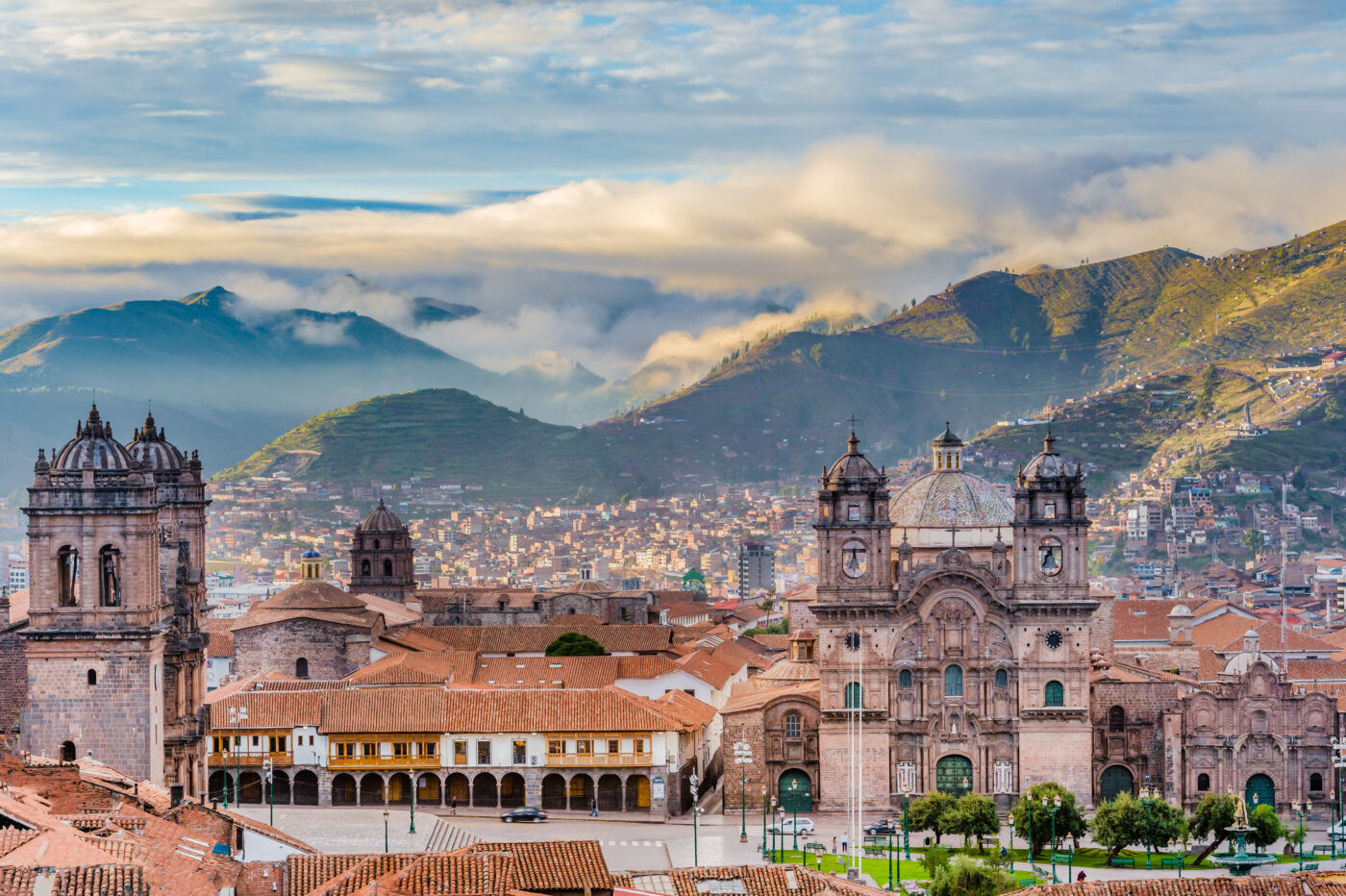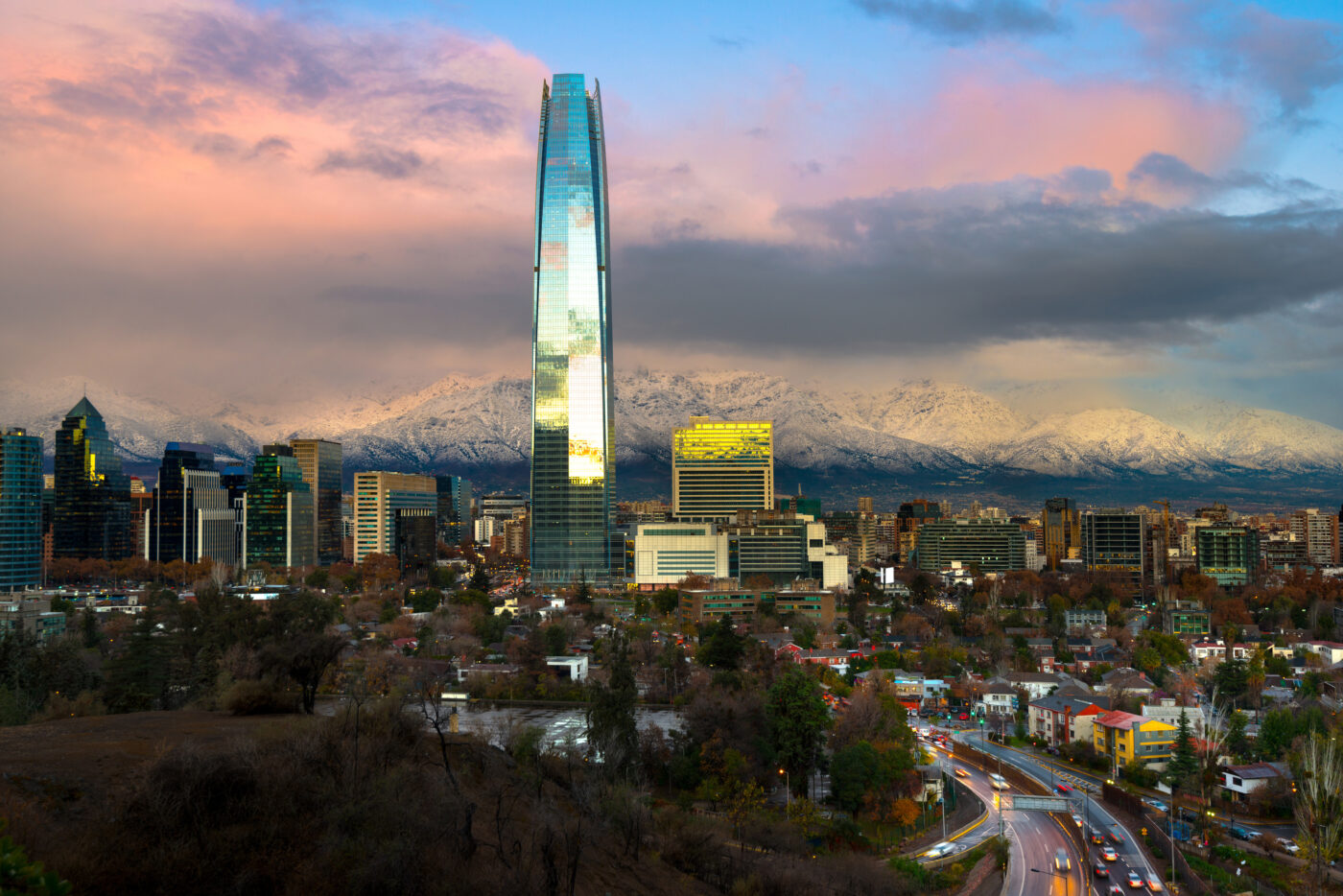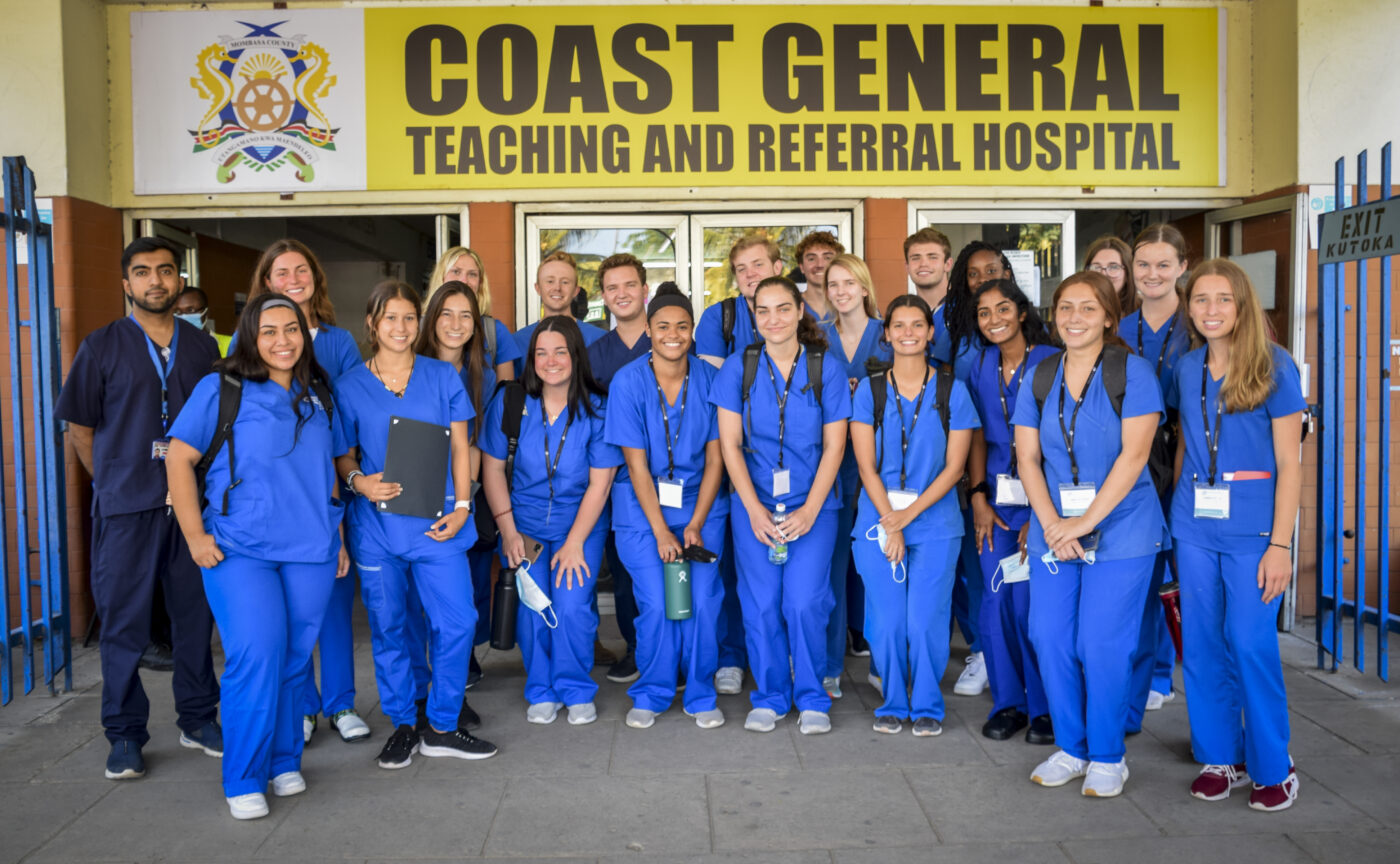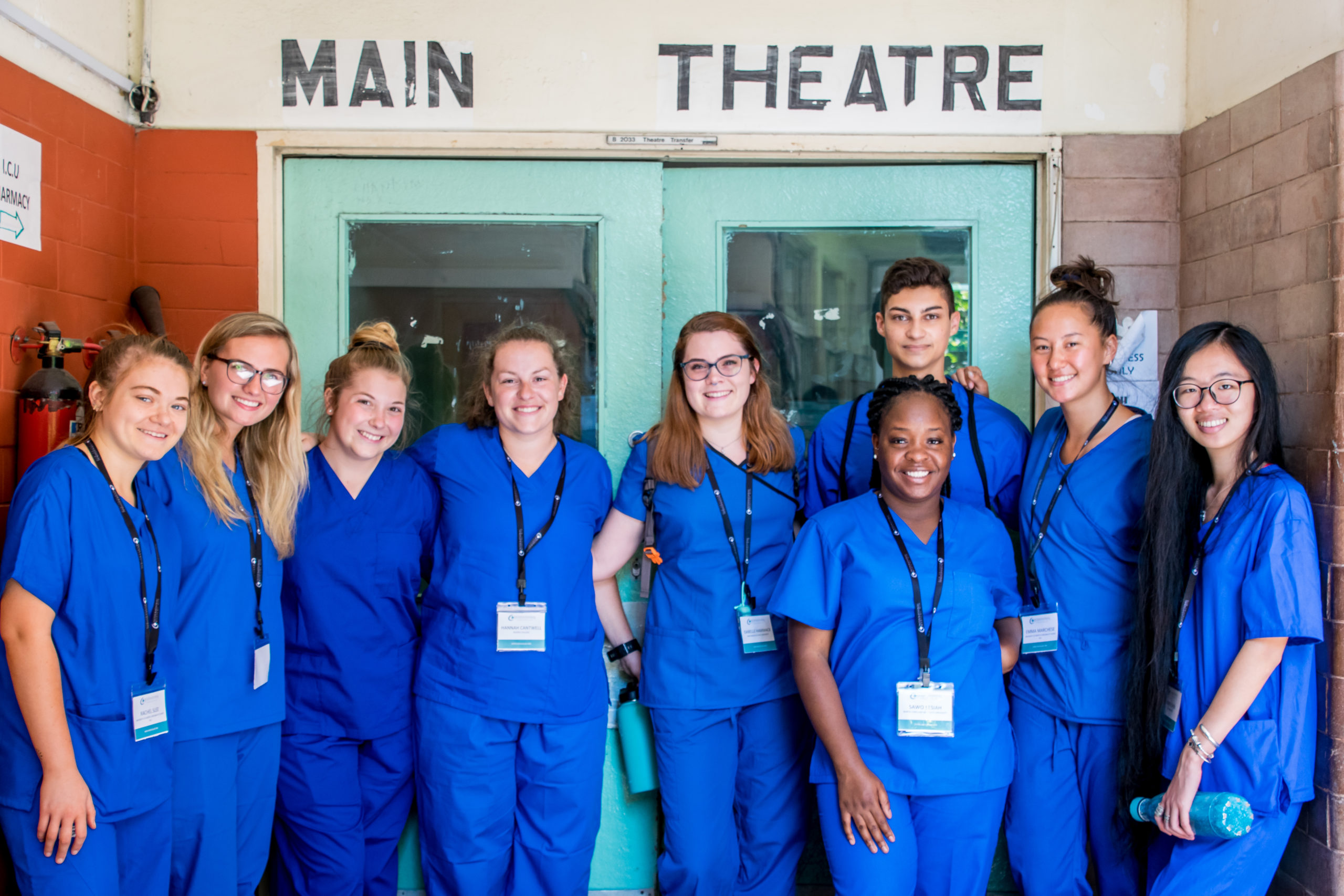If you’re a pre-med student still thinking of which medical track to pursue or wishing to experience a different culture, then a pre-med internship is perfect for you. Some countries, like Peru, offer research and laboratory work programs where you gain first-hand experience, provide much-needed medical care, and learn valuable clinical skills.
This article will outline strategies so that your stay in Peru as a pre-med intern leaves a significant impact on the community you serve.
Advantages Of Volunteering in Peru
Peru has one of the world’s most immersive medical shadowing programs implemented by the not-for-profit organization International Medical Aid (IMA). This unique healthcare internship program pioneered by two Johns Hopkins alum is two-pronged: It provides healthcare to communities in need while allowing participants to shadow medical professionals in a busy, international hospital environment.
Volunteering in this setting offers various learning opportunities, such as shadowing physicians and other healthcare practitioners. Moreover, you discover global health issues as you work alongside doctors and experience the richness of another culture.
The experience you gain here is essential to your CV. It won’t be lip service but an authentic experience because you join doctors and other healthcare providers in their rounds at hospitals and in communities.
Ways to Make An Impact In Peru: Clinical and Cross-Cultural
As a pre-med intern in Peru, you have a unique opportunity to earn recognition in a local community. It won’t be easy, but the following strategies will help you leave a positive, lasting impression and help you make the most of your internship.
1. Volunteer in Community Outreach Programs
As a pre-med intern, you can volunteer in community outreach programs focusing on health education, prevention, and treatment. You can work with local health clinics, schools, and community organizations to promote healthy living and raise awareness of common health issues.
For instance, you can embark on a simple program emphasizing the proper way to wash hands to prevent the spread of infectious diseases like COVID-19 or the proper way to prepare food to prevent the spread of salmonella and E. coli. Vector and waterborne diseases are no longer common in the West but are still prevalent in Peru, especially in the poorer sectors. This includes typhoid fever, leptospirosis, dengue, and malaria.
Immerse yourself in a community with a high incidence of chronic diseases like diabetes and hypertension. You can improve community awareness of the impact of lifestyle changes. Some of these are as simple as emphasizing the harmful effects of nicotine on health, especially in communities with a high incidence of tuberculosis.
2. Set Long-Term Goals for Reaching Out To Disadvantaged Communities
Programs like providing potable water, preventing the spread of dengue, and alleviating malnutrition are doable at the level of a pre-med volunteer. You can continue helping with these programs even after your pre-med internship in Peru.
3. Learn the Culture and Language
When living in Peru, try to learn the language and culture. This will help you communicate better with the local community and understand their health beliefs and practices.
Remember that this internship allows you to grow both in medical and cultural know-how. Both are rich experiences.
4. Shadow Healthcare Professionals
This is the primary reason you joined an overseas program, and you’ll learn a lot by following healthcare professionals in different specialties. While observing how healthcare professionals work, you’ll gain insights into different approaches to patient care, as well as the healthcare system in Peru.
Shadowing will give you an “insider’s” view into what a doctor does, including the daily pressures and constraints. It can be an eye-opener and can bolster your commitment. Giving medical professionals a good impression of your skills and commitment can even merit a recommendation letter in the future.
5. Conduct Research
You can research a specific health issue in Peru that interests you. This could involve working with local healthcare providers to gather data or conducting a literature review. Your research could help identify areas where improvements in healthcare are needed and inform policy decisions.
6. Learn From the Community
Take the time to listen to the local community and learn from their experiences. This will help you better understand the challenges they face when accessing healthcare and develop effective interventions to improve health outcomes.
This is especially true in Peru, where more than a quarter of the population lives below the national poverty line and has limited access to nutritious food. Hence, malnutrition and high body mass index are two health concerns of communities in Peru that can lead to death.
7. Reflect and Share Your Experiences
At the end of your internship, reflect on your experiences and share what you’ve learned with others. You could write a blog post, give a presentation, or participate in a panel discussion to share your insights with fellow pre-med students or healthcare professionals. This will help spread awareness about Peru’s healthcare challenges and inspire others to take action.
Final Thoughts
A pre-med program in Peru will make your resume stand out and increase your chances of being admitted to your dream medical school. But over and beyond that, it provides you with a wonderful opportunity to expand your knowledge, develop skills, and address the health concerns of communities.


